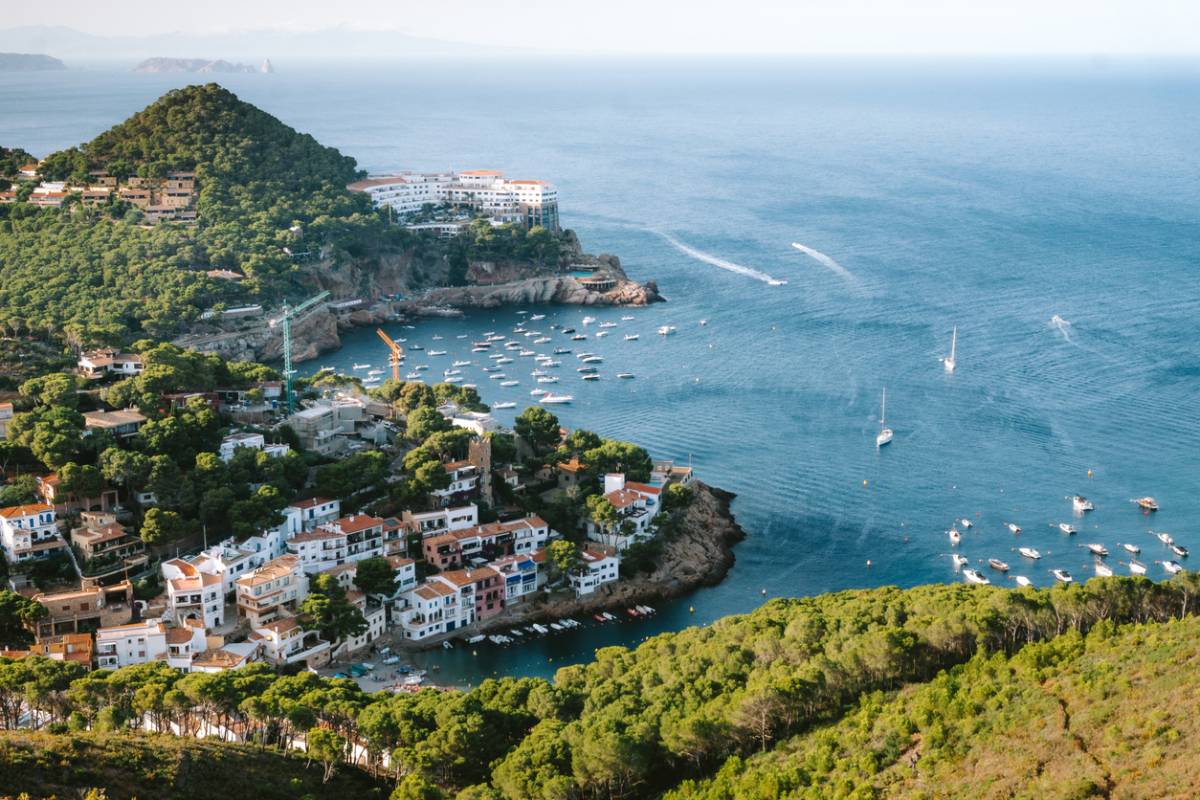


Formal offer and good faith deposit
The first step when you find a property that
you want to buy is formulating an offer in writing and putting down a good
faith deposit. This deposit is held by the real estate agency and the
amount varies depending on the property price as well as other factors. If your
formal offer is accepted and signed by the Seller, then it becomes a reserve
agreement, and the property is taken off the market. The reserve
agreement will provide conditions and timelines for the next contract. We
always advise our clients to use a solicitor for the purchase.
The private arras contract
This is a simple agreement between the Buyer
and the Seller in which the Seller agrees to sell the property, and the Buyer
agrees to buy the property at the price agreed. The Private Arras Contract will
contain all the relevant details such as a description of the property, the
purchase price, the payment structure and the completion date. At this stage
the Buyer will be expected to make a downpayment, which is normally paid to the
Seller’s bank account and is usually 10% of the agreed purchase price.
Completion of the public deed of conveyance
On the completion date the balance of the
purchase price (sales price minus any amounts paid to date) must be paid. The
Seller and Buyer then sign the Public Deed of Conveyance, which is equivalent
to the title deeds of the property.
Costs involved ON purchase
When buying a new build property from a
developer
VAT and Stamp Duty apply - for residential properties that have
never previously been occupied and building plots of land. At present VAT is
10% of the purchase price for new residential properties (villas, apartments
etc.) and 21% for building plots of land.
When buying a resale property from a private
individual
Transfer Tax applies - if it is a resale property that has been used before. The general ITP
rate varies from region to region, between 6 % and 11% (e.g.in Catalonia it is
10 % for properties with a value of up to €1 million and 11% thereafter).
Costs involved AFTER purchase
After purchase, a series of costs are involved:
Local taxes: calculated on the cadastral value of the land
assigned by the Spanish Tax Office.
Community fees: only applicable when purchasing an apartment or a terraced house within
a community of neighbours, not when purchasing a detached house.
Non-resident income tax: paid if you are not a tax resident
in Spain and applies if you own a property in Spain.
Wealth tax for non-residents: current legislation prescribes
that whoever owns property in Spain (residents and non-residents alike) has to
pay an annual wealth tax based on the net value of their assets in Spain after
permitted deductions, such as mortgages. Residents must also include all
worldwide assets. The base for the applicable tax is the net value of your
property and other assets in Spain with a large tax-free allowance.
The property is exclusively for personal use,
and you do not rent it out:
Although you do not earn an income from the
property, in the eyes of the Spanish tax authorities you still derive a benefit
from owning a property in Spain and therefore have to pay an imputed annual
income tax. The base for the applicable tax rate is generally 2% of the
cadastral value of the property.
You rent out the property and therefore pay tax
for the periods during which it is rented:
The base for the applicable tax rate is the
income that you receive from renting out the property. Various costs can be
deducted if you are a tax resident in the EU.
Add your comment